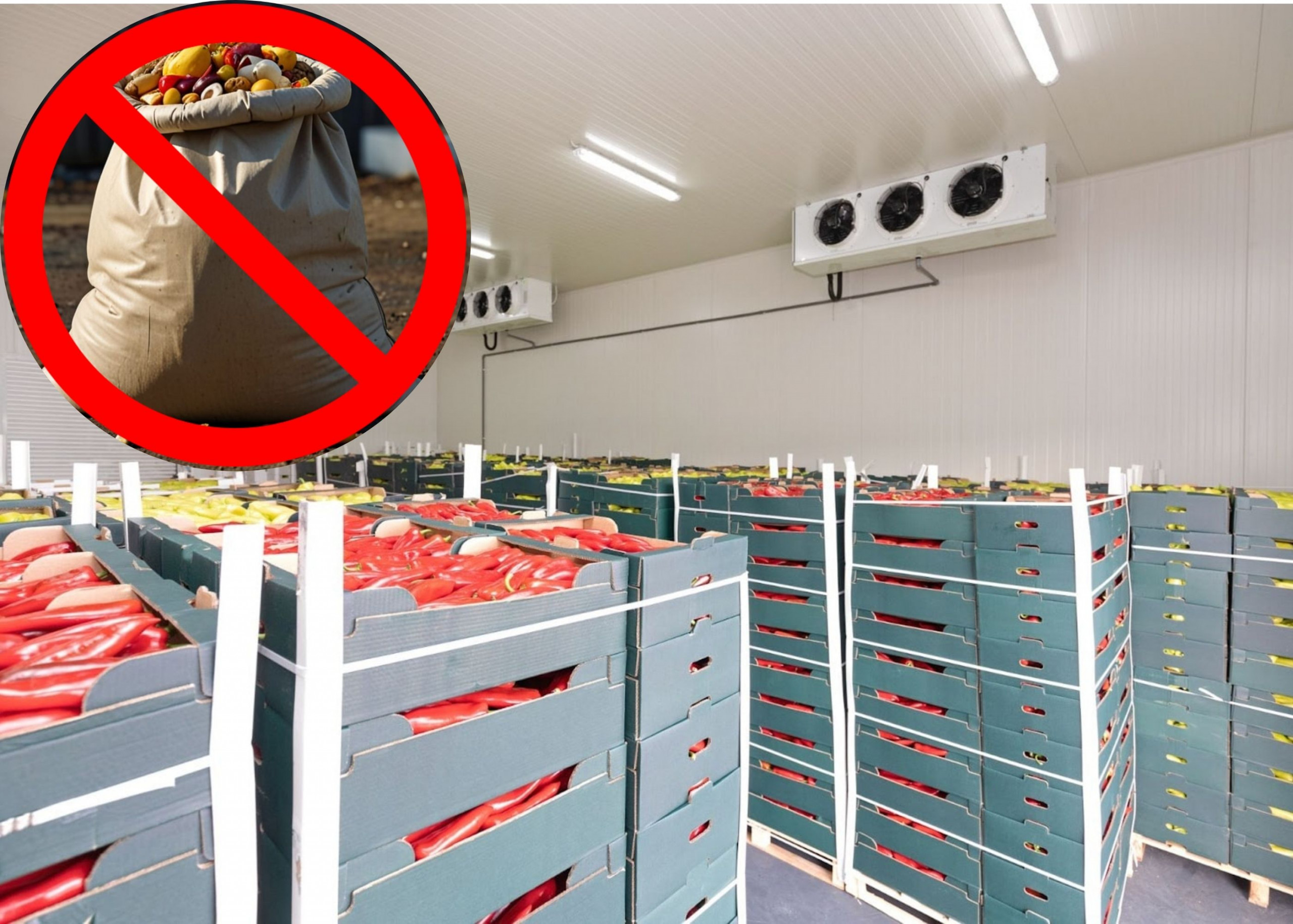News in brief:
– Lectricus Tech is reducing food waste in Africa by introducing clean, solar-powered technologies.
– The company helps farmers extend product shelf life, boost productivity, and address post-harvest losses.
Lectricus Technology Limited, a climate tech firm, is making significant strides to reduce global food waste, which the Food and Agriculture Organisation (FAO) estimates at 1.3 billion tons annually. The company aims to help farmers, especially in Sub-Saharan Africa, address this issue by providing clean technologies.
Smallholder farmers in the region produce about 30% of the region’s food. However, due to limited access to energy, 37% of food is lost before it reaches the market. This lack of energy access affects 85% of farmers, according to the International Fund for Agricultural Development (IFAD).
Lectricus Tech’s CEO, Oluwafemi Oluwadare, explained that food losses are a major threat to food security and financial stability in Africa. Inadequate supply chain management results in the loss of more than one-third of harvested food. The company offers solar-powered solutions like milk storage tanks to combat this issue. It also has products like water pumps, dryers, and grinders which use clean energy.
The firm’s sustainable cold storage technologies will help producers preserve food. These innovations improve the resilience of food systems, particularly in the dairy, fish, and horticulture sectors. Additionally, the innovation supports micro-irrigation and water management systems, improving farmers’ productivity.
By adopting clean energy solutions, Lectricus Tech helps farmers extend the shelf life of their products, reduce post-harvest losses, and ultimately improve their livelihoods. The company’s work is a part of a larger framework designed to make African agriculture more resilient, productive, and sustainable.
Its efforts in providing clean energy solutions benefit rural communities, enabling them to elevate productivity and incomes while reducing the impact of climate-related challenges. The startup promises a greener, more sustainable future for agriculture across Africa and beyond.



